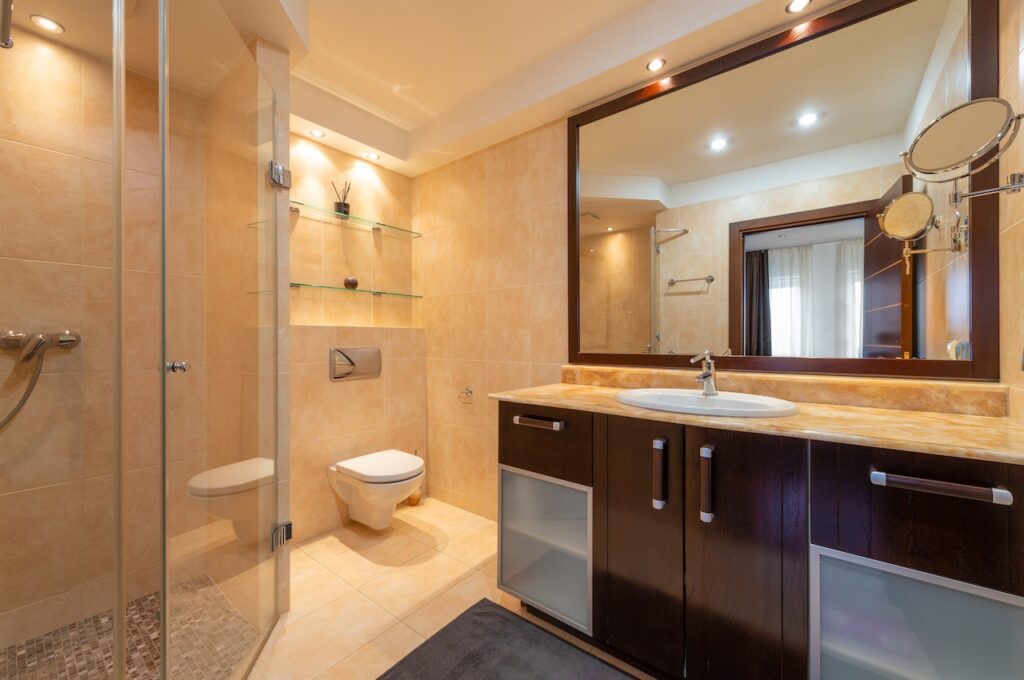The Pros and Cons of Tankless Hot Water Heaters: What You Need to Know

Tankless hot water heaters are becoming increasingly popular amongst homeowners due to their energy efficiency and long-term savings. While they do offer many advantages, there are also some drawbacks that should be considered when deciding whether or not a tankless hot water heater is right for your home. Here, we’ll explore the pros and cons of tankless hot water heaters so you can make an informed decision.
Tankless hot water heaters offer a number of benefits that traditional tank-style water heater simply can’t match. They provide an unlimited supply of hot water, are more energy efficient, occupy less space, and have longer life spans than regular storage tanks. However, they also come with their own unique set of drawbacks that need to be carefully considered before you make the switch.
In this article, we take a look at some of the pros and cons of tankless hot water heaters so you can decide if one is right for your home or business.
The Pros:
1. Limitless Hot Water:
The most obvious benefit of installing a tankless hot water heater is that it provides an endless supply of hot water. Unlike a traditional tank-style heater which requires frequent refilling and reheating, a tankless water heater can provide hot water on demand. This means you never have to worry about running out of hot water in the middle of your shower or washing dishes.
2. Energy Efficiency:
Tankless hot water heaters are much more energy efficient than their traditional counterparts since they only heat up when needed rather than constantly maintaining a set temperature like regular tanks do. This greatly reduces your energy bills over time, making it an attractive option for those who want to save money on their utility costs.
3. Compact Size:
Another great advantage of tankless hot water heater is that they take up significantly less space than regular storage tanks. This makes them ideal for small homes or businesses that don’t have the luxury of a large area to dedicate to their water heating system.
4. Long Lifespan:
Tankless hot water heaters are also known to last much longer than regular storage tanks, often lasting up to 10 years or more with proper maintenance and care. This means you won’t have to worry about replacing your water heater as often, making it an economical choice in the long run.
The Cons:
1. High Initial Cost:
One of the biggest drawbacks of tankless hot water heater is that they usually cost more upfront than traditional storage tanks. However, this initial investment can be offset by the energy savings and other benefits over time.
2. Professional Installation:
Since tankless hot water heaters require special plumbing knowledge and expertise, it’s usually necessary to hire a professional for installation, which can add to the overall cost.
3. Limited Flow Rate:
Another important consideration is that tankless hot water heater have limited flow rate or gallons per minute (GPM), meaning you may need multiple units if you have a high demand for hot water in your home or business.
FAQs:
1. Is a tankless hot water heater worth it?
Tankless hot water heater can offer significant energy savings and other benefits, so they’re usually worth the investment if you plan on keeping them for several years.
2. How long do tankless hot water heaters last?
Tankless hot water heaters are known to last up to 10 years or more with proper maintenance and care, making them a great long-term investment.
3. Do I need an electrician or plumber to install my tankless hot water heater?
Yes, professional installation is usually necessary since tankless hot water heater require specialized plumbing knowledge and expertise.
Conclusion:
Tankless hot water heaters offer several advantages over traditional storage tanks including an endless supply of hot water, greater energy efficiency, compact size and longer life spans. However, there are also some drawbacks such as the higher upfront cost and limited flow rate. Ultimately, it’s important to weigh the pros and cons carefully before making a decision as to which type of water heater is best for you.
